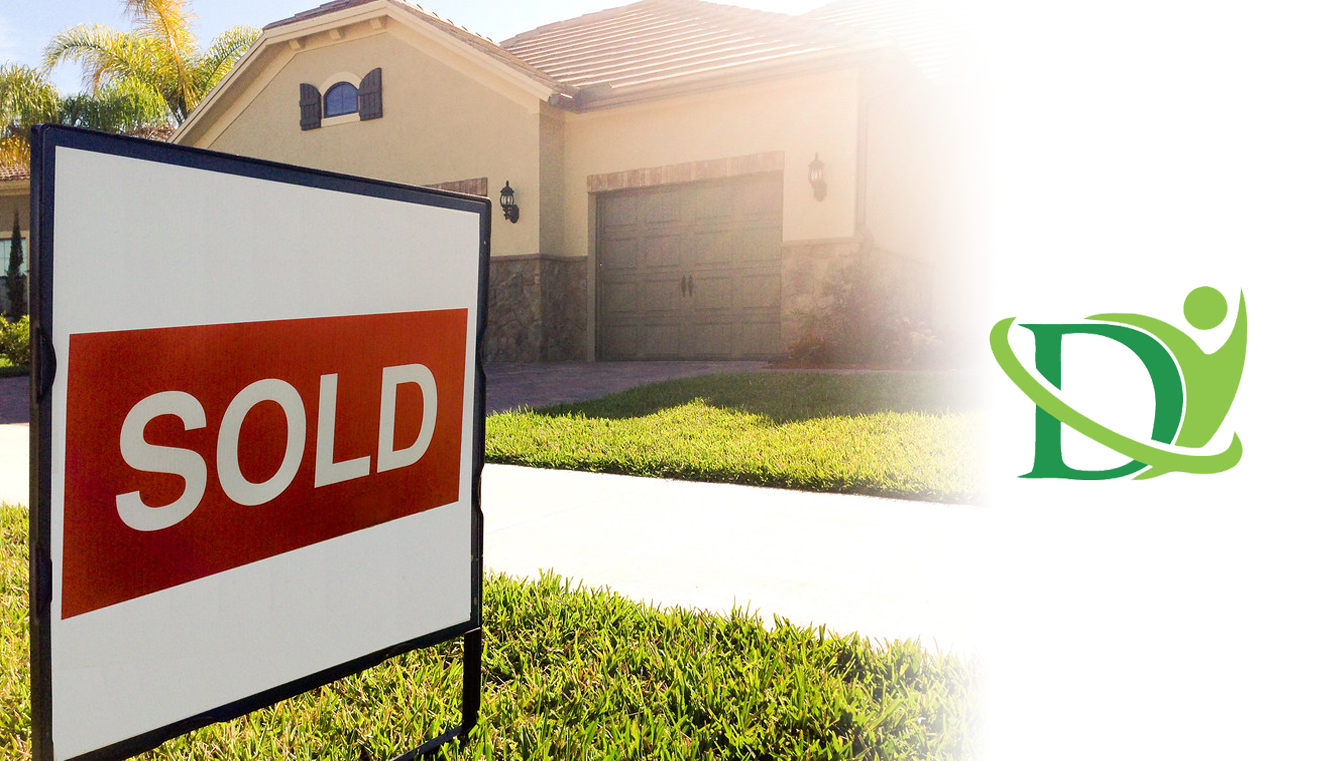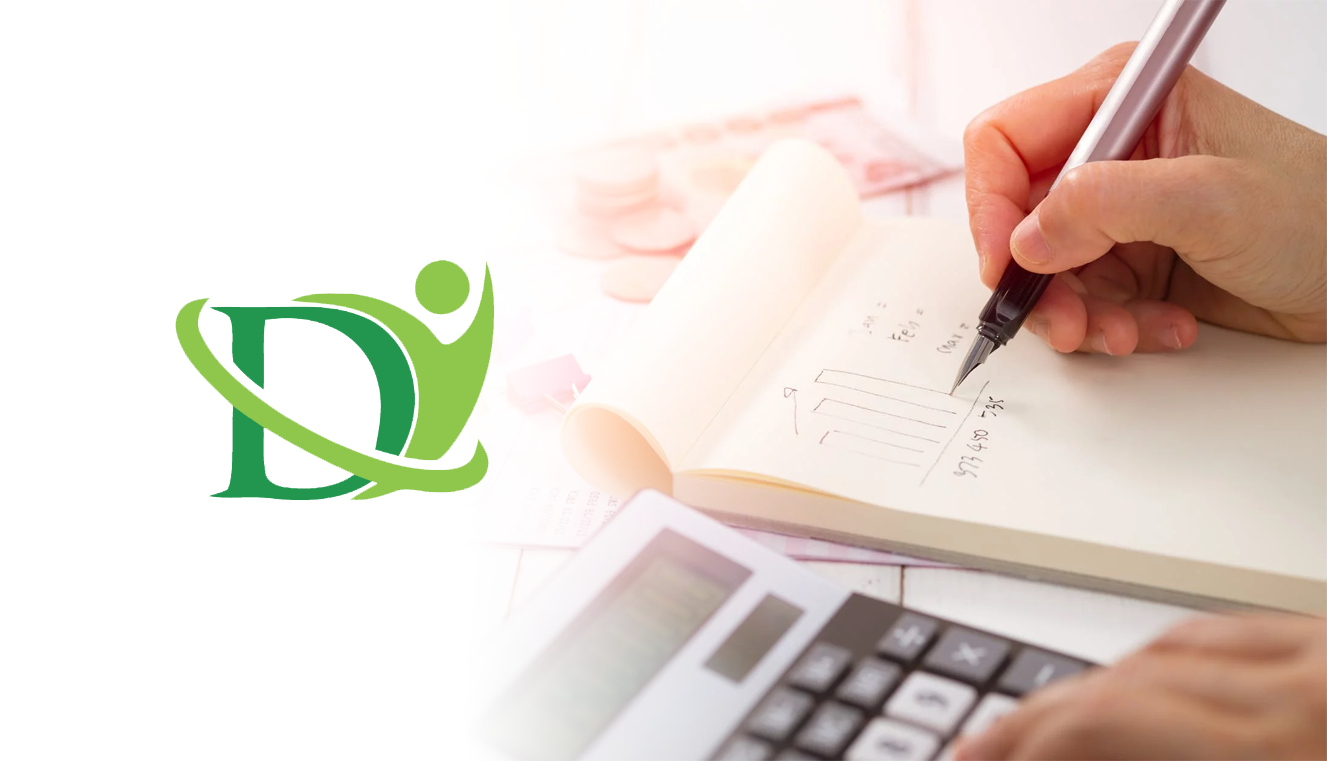
Our Guide to Good Debt & Bad Debt – Which One to Pay Off First
January 29, 2020
5 Tips for Paying off Debts with High-Interest Rates
February 5, 2020The use of a credit card is an indispensable part of life. For some people, credit cards are used to pay off vital expenses, such as an investment in home appliances, or hospitalization and medical expenses. For most people, they are used for day-to-day transactions and regular expenses, such as groceries, food, and transportation.
It’s worth knowing, however, that a credit card is a financial tool that needs to be properly regulated and managed. The chances are that many individuals end up maxing out their credit cards and getting caught in bad debts. When credit cards are nearly or clearly maxed out, they can be a burden as they become unusable for emergencies, harmful to credit scores, and overwhelming as debts.
The problem is, most credit card issuers won’t let individuals know that the credit card debt is already getting out of control. Because of this, one must be wary of using credit cards and dealing with finances. That said, below are four signs showing that the debt on a credit card is already spiraling out of control.
1. Maxed-out card or above the credit limit
Maxing out one’s credit card or going beyond the credit limit can quickly escalate. This happens when an individual doesn’t take the responsibility to make monthly payments. It can be all the more problematic when one tends to max out not only one but almost all credit cards. When the balances exceed the limits, chances are, card issuers may even increase the interest rate, and individuals will find it hard to pay down the balance.
2. Late or missing payments
Late or missing payments are something that every credit card owner should avoid at all costs. For one, missed payments can only make the credit card situation worse where one may end up with a piled debt and won’t be able to rise above the financial situation.
Secondly, late payments can increase the amount one must pay and have late fees added to the whole balance. Finally, individuals may eventually need to resort to other types of loans to pay for their credit cards, such as cash advances, payday loans, and personal loans, which may only end up adding to their debts.
3. Paying only the monthly minimum.
The minimum payment refers to the lowest amount that an individual can pay on a credit card to keep the account in good standing. It’s a good thing if one still manages to keep up with the minimum monthly payments. However, take note that if they can’t pay more than the minimum, then this implies that the debt is starting to get worse. One single mistake made from that point on, and it’s easy for that individual to get trapped in a serious financial situation. That’s why they should always be warier when dealing with their finances.
4. Using credit cards for necessities.
As mentioned above, credit cards serve as a convenient means to pay for daily expenses such as groceries, gas, and other daily necessities. When an individual can manage the finances regularly, one can even earn rewards or cashback for doing so.
For some, they only use credit cards for emergencies and unexpected vital expenses. Now, if it’s becoming apparent that an individual needs to use credit cards for everyday expenses to get by, then it can be a sign of a bigger underlying financial problem.
Knowing the signs of out-of-control credit card debts is one matter, and taking the proper measures to address these is another. This means that one must acknowledge the severity of the debts and must be willing to take the right actions to stay away from further problems.
For individuals to deal with the debts, they should stop spending unnecessary money, get a lower interest rate, consolidate all debts, pay aggressively, and start a repayment plan. All these will help them get back on the right track and navigate through their finances successfully.
If you are looking to learn more about debt relief solutions, DebtHelpers.ca is your best option. Get in touch with us today to see how we can help.

